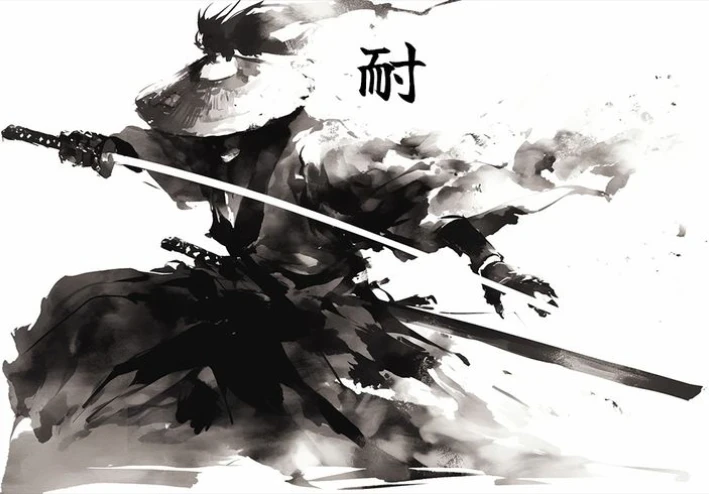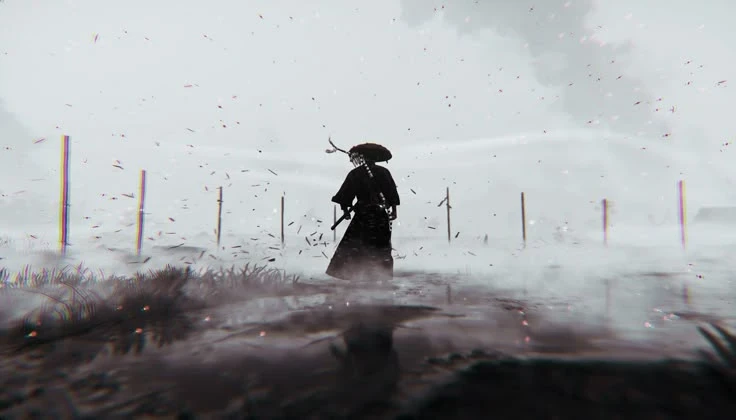
Rise of the Ronin
Samurai Games
The samurai game genre is a beloved and respected pillar of the video game industry. It transports players to feudal Japan, immersing them in a world of strict honor codes, masterful swordplay, and profound philosophical conflict. For decades, developers have drawn inspiration from this rich historical and cultural wellspring. Titles range from challenging, combat-focused experiences like the Ninja Gaiden and Nioh series, known for their punishing difficulty and deep mechanics, to more narrative-driven, atmospheric adventures like the critically acclaimed Ghost of Tsushima. These games often explore core themes of the samurai ethos, or Bushido—loyalty, duty, and the constant tension between personal desires and societal obligations. They allow players to embody the fantasy of the skilled warrior, mastering the katana and navigating a world of political intrigue and visceral combat. Rise of the Ronin, developed by Team Ninja, is a significant and ambitious new entry into this prestigious genre, aiming to blend the studio's signature hardcore action with a vast, open-world narrative.
In Which Time Period
Rise of the Ronin breaks away from the more commonly depicted Sengoku (Warring States) period and instead is set during one of the most transformative and volatile eras in Japanese history: the Bakumatsu. This refers to the final years of the Edo period (1603-1868), specifically the 1860s, a time of immense social upheaval and civil war.
This era was defined by the forced opening of Japan by American Commodore Matthew Perry's "Black Ships" in 1853, which ended over 250 years of national isolation (Sakoku). This event triggered a profound identity crisis and a brutal power struggle. The game's setting is not a simple binary conflict but a complex multi-sided civil war. The central conflict pits the ruling Tokugawa Shogunate (and its loyalist forces like the infamous Shinsengumi special police) against various anti-Shogunate factions united under the banner of Imperial Loyalism (Ishin Shishi), who sought to restore political power to the Emperor and expel foreign influence.
This setting is crucial because it places the player at the crossroads of history. It is an era where traditional katanas clashed with modern firearms like revolvers and rifles, and where Western ideas and technology began to dramatically reshape Japanese society. Rise of the Ronin uses this backdrop to explore the end of the samurai class itself, making the player a witness to the dawn of a new, modern Japan.
What is the Game About?
The player assumes the role of a customizable Ronin—a masterless samurai who is free from the bonds of feudal lords. This character is part of a special pair known as the "Blade Twins," who were raised from birth as part of a clandestine sect to be elite warriors. The story begins with a mission gone wrong, leading to the separation and divergence of the Twins.
The core narrative revolves around choice and consequence within the "Unbroken Bond" system. The player's former Blade Twin becomes a central character with their own allegiances, and the player must constantly choose which factions and historical figures to support. The game does not present a simple "good vs. evil" choice; instead, it forces the player to navigate a morally gray landscape, making allies and enemies on all sides.
Throughout the open world of 19th-century Japan, the player will interact with and ultimately decide the fate of key historical figures, such as the revolutionary Sakamoto Ryoma, the Shinsengumi captain Okita Soji, and the British educator William Adams. These choices directly influence the story's direction and its multiple endings.
Gameplay is a fusion of Team Ninja's renowned challenging combat and open-world exploration. The combat system is a refined version of what was seen in Nioh, focusing on precise parries (Counterspark), stances, and a variety of period-accurate weapons. The exploration includes traversing cities like Yokohama, Edo (Tokyo), and Kyoto on a grappling hook and glider, engaging in side quests, and encountering both human enemies and factions vying for control.
General Classification of Player Opinions on Samurai Games (with Sources)
Player opinions on samurai games often revolve around a few key aspects: combat depth, historical authenticity, narrative strength, and overall atmosphere.
Combat and Challenge: Games like Sekiro: Shadows Die Twice and the Nioh series are highly praised for their deep, skill-based, and intensely challenging combat systems. Players who enjoy mastering complex mechanics and overcoming difficult bosses hold these titles in extremely high regard. As noted by players on forums like Reddit's r/gaming and reviews on Metacritic, the satisfaction of perfecting a parry or defeating a daunting enemy is a primary draw.
Narrative and Immersion: Titles like Ghost of Tsushima are celebrated not for punishing difficulty, but for their breathtaking world design, emotional storytelling, and powerful atmosphere. They are often described as "love letters to samurai cinema." Reviews on sites like IGN and GameSpot frequently highlight how these games make players feel like a stoic, honorable warrior navigating a beautiful yet tragic world.
Historical and Cultural Appeal: A significant part of the genre's appeal is its setting. Players are drawn to the authenticity, the armor, the landscapes, and the incorporation of real history and mythology. This is a consistent point of praise across user reviews on platforms like Steam for games such as Total War: Shogun 2.
In summary, Rise of the Ronin is classified as an ambitious attempt to merge these elements. It combines Team Ninja's signature challenging combat with a choice-driven narrative set in a critically important historical period. Early player opinions on platforms like YouTube previews and dedicated gaming forums suggest it has been well-received for its engaging combat and fascinating setting, though some debate its open-world design compared to more linear narrative experiences. It stands as a testament to the genre's enduring appeal and its ability to offer diverse experiences under the broad banner of the "samurai game."































